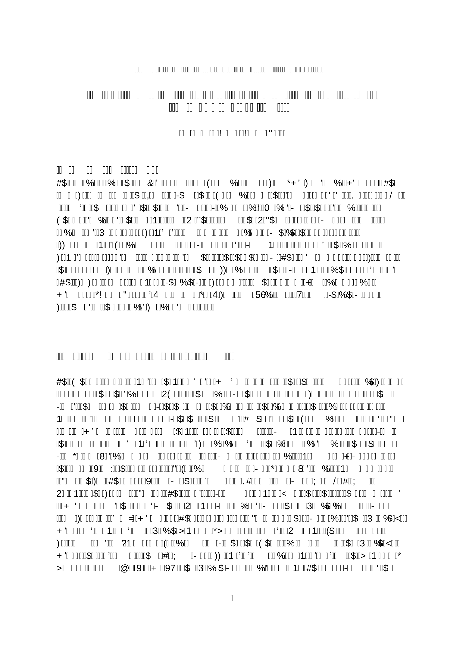The history and legal position of Confucianism in postindependence
The article traces the mixed fortunes of Confucianism in post-Independence Indonesia. The main problem lay in the question whether Confucianism should be regarded as “a religion” or not, and in this regard higher and lower laws conflicted. Faced with these dificulties, many Chinese declared themselv...
Đã lưu trong:
| Xuất bản năm: | Marburg Journal of Religion |
|---|---|
| Tác giả chính: | |
| Định dạng: | Artikel (Zeitschrift) |
| Ngôn ngữ: | Tiếng Anh |
| Được phát hành: |
Philipps-Universität Marburg
2005
|
| Truy cập trực tuyến: | Truy cập trực tuyến |
| Các nhãn: |
Không có thẻ, Là người đầu tiên thẻ bản ghi này!
|
| Tóm tắt: | The article traces the mixed fortunes of Confucianism in post-Independence Indonesia. The main problem lay in the question whether Confucianism should be regarded as “a religion” or not, and in this regard higher and lower laws conflicted. Faced with these dificulties, many Chinese declared themselves to be Buddhists, for the Buddhist religion was unambiguously recognised. Details are provided of an interesting case in which the registration of an apparently valid Confucian marriage was refused. However, it is argued, the constitution provides for freedom of religion, and this is the higher law. The fundamental legal position is therefore not problematic in itself, but the application of the law leaves much to be desired. (This paper is one of several which were presented at the regional IAHR conference in Indonesia -Yogyakarta and Semarang - in September/October 2004, but which were not published in the selected proceedings.) |
|---|---|
| DOI: | 10.17192/mjr.2005.10.3627 |
